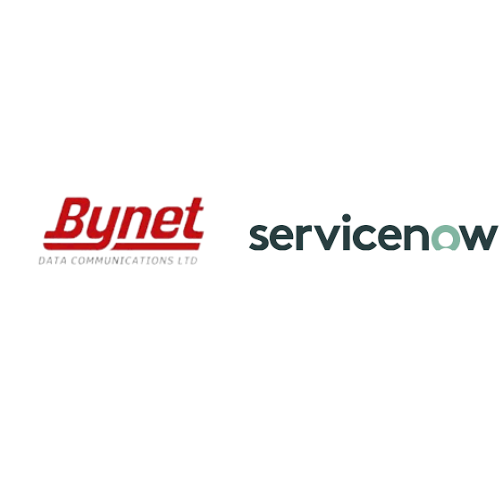
Overview
Workflow Data Fabric is ServiceNow's unified data layer that connects structured, unstructured, and streaming data in real time - without moving, duplicating, or custom-coding integrations. It enriches and contextualizes data from AWS services (S3, Redshift, RDS) and across your enterprise, so AI agents and workflows have what they need to prevent service disruptions, resolve customer requests faster, and optimize operations with built-in compliance.
What you get:
- Real-time data access: Connect any data source - AWS or enterprise - without ETL pipelines or data duplication
- AI-ready workflows: Fuel agents, automations, and analytics with governed, contextualized data that's immediately actionable
- Built-in security: Compliance and governance protections ensure teams and AI agents act on data securely
Workflow Data Fabric turns data into a competitive advantage by making it accessible, actionable, and secure across your entire organization.
How to purchase: ServiceNow products are available on AWS Marketplace through Private Offers, so you can draw down on existing AWS committed spend while meeting data residency and compliance requirements. Pricing is customized to your needs. Contact your ServiceNow Sales team for a personalized, confidential Private Offer, or reach out at servicenow.com/contact-us.
Highlights
- Connect and unify structured, unstructured, and streaming data from AWS (S3, Redshift, RDS) and enterprise systems in real time - no data movement required
- Fuel AI agents, workflows, and analytics with secure, governed data that's enriched and contextualized for immediate action
- Built-in compliance and governance protections ensure teams and AI agents act on data securely across the enterprise
Details
Introducing multi-product solutions
You can now purchase comprehensive solutions tailored to use cases and industries.

Features and programs
Financing for AWS Marketplace purchases

Pricing
Custom pricing options
How can we make this page better?

Legal
Content disclaimer
Delivery details
Software as a Service (SaaS)
SaaS delivers cloud-based software applications directly to customers over the internet. You can access these applications through a subscription model. You will pay recurring monthly usage fees through your AWS bill, while AWS handles deployment and infrastructure management, ensuring scalability, reliability, and seamless integration with other AWS services.
Resources
Vendor resources
Support
Vendor support
ServiceNow Support for the covered ServiceNow products and services is available to you 24/7 at the support link below, which includes links to helpful Product Documentation, our Knowledge Base, and our NOW Community of users.
https://support.servicenow.com/now
This application is subject to additional support terms.
AWS infrastructure support
AWS Support is a one-on-one, fast-response support channel that is staffed 24x7x365 with experienced and technical support engineers. The service helps customers of all sizes and technical abilities to successfully utilize the products and features provided by Amazon Web Services.
Similar products





